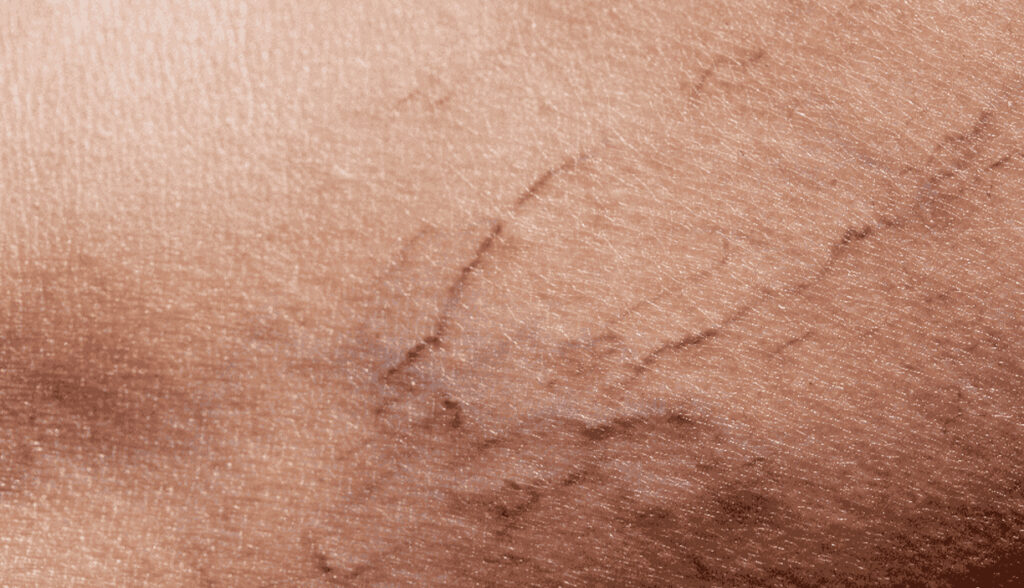Varicose veins are a common venous condition that can be both uncomfortable and unsightly. While often benign, they can lead to serious complications if left untreated. Fortunately, effective treatments are available. Let’s delve into the world of varicose veins to better understand them and learn how to recognize and prevent them.
What Are Varicose Veins?
Varicose veins are abnormally dilated veins where blood circulation is impaired. Normally, valves in our veins prevent blood from flowing backward. However, when these valves become incompetent, blood pools, and the vein walls become distorted, leading to varicose veins.
Why Do Varicose Veins Occur?
While the exact cause of varicose veins is not fully understood, several factors contribute to their development:
- Heredity: A family history of varicose veins increases the risk.
- Pregnancy: Hormonal changes and increased blood volume place additional strain on veins.
- Prolonged Standing or Sitting: These positions hinder blood circulation.
- Aging: As tissues lose elasticity with age, vein walls weaken.
- Excess Weight: Being overweight adds extra pressure on veins.
How to Recognize Varicose Veins
Varicose veins can manifest in various ways:
- Spider Veins: Small red or blue veins visible on the skin’s surface, usually painless.
- Superficial Varicose Veins: Swollen, blue veins that are easily visible under the skin.
- Deep Varicose Veins: Not visible to the naked eye but may cause noticeable symptoms.
Signs to Watch For
Varicose veins are often accompanied by symptoms such as:
- A feeling of heaviness and fatigue in the legs
- Swelling in the feet and ankles
- Tingling sensations and cramps
- Restless legs
- Itching
Why Should Varicose Veins Be Treated?
Beyond their aesthetic impact, treating varicose veins is crucial to prevent potential complications like ulcers, bleeding, or superficial thrombophlebitis (blood clots). If you experience symptoms, it’s recommended to consult a physician promptly.
Can Varicose Veins Be Prevented?
Certain simple actions can help reduce the risk of developing varicose veins:
- Regularly elevating your legs
- Changing positions frequently to avoid prolonged immobility
- Avoiding high temperatures (hot baths, saunas, excessive tanning)
- Opting for loose-fitting clothing and avoiding tight socks
Our Solutions for Treating Varicose Veins
At Medicart, we offer effective treatments to address varicose veins and improve your comfort:
- Sclerotherapy: Injection of a solution to close the affected vein
- Echosclerotherapy: Sclerotherapy guided by ultrasound imaging
- Endovenous Laser Therapy: A modern technique using thermal energy to seal the vein
- VenaSeal™ Technology: An innovative method using medical adhesive to close the vein
Don’t let varicose veins hinder your well-being. Take care of your legs and explore the treatments available at Medicart!
